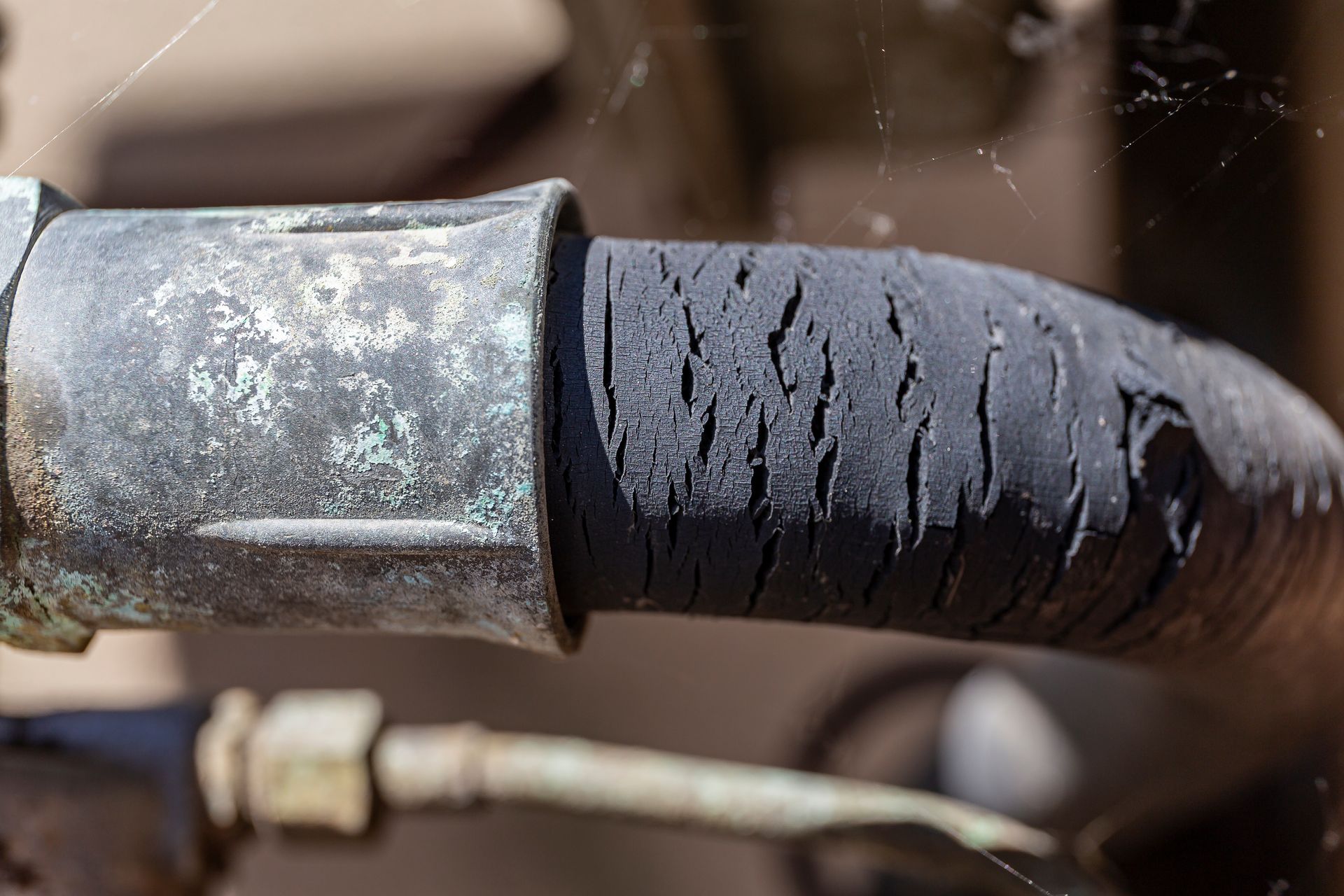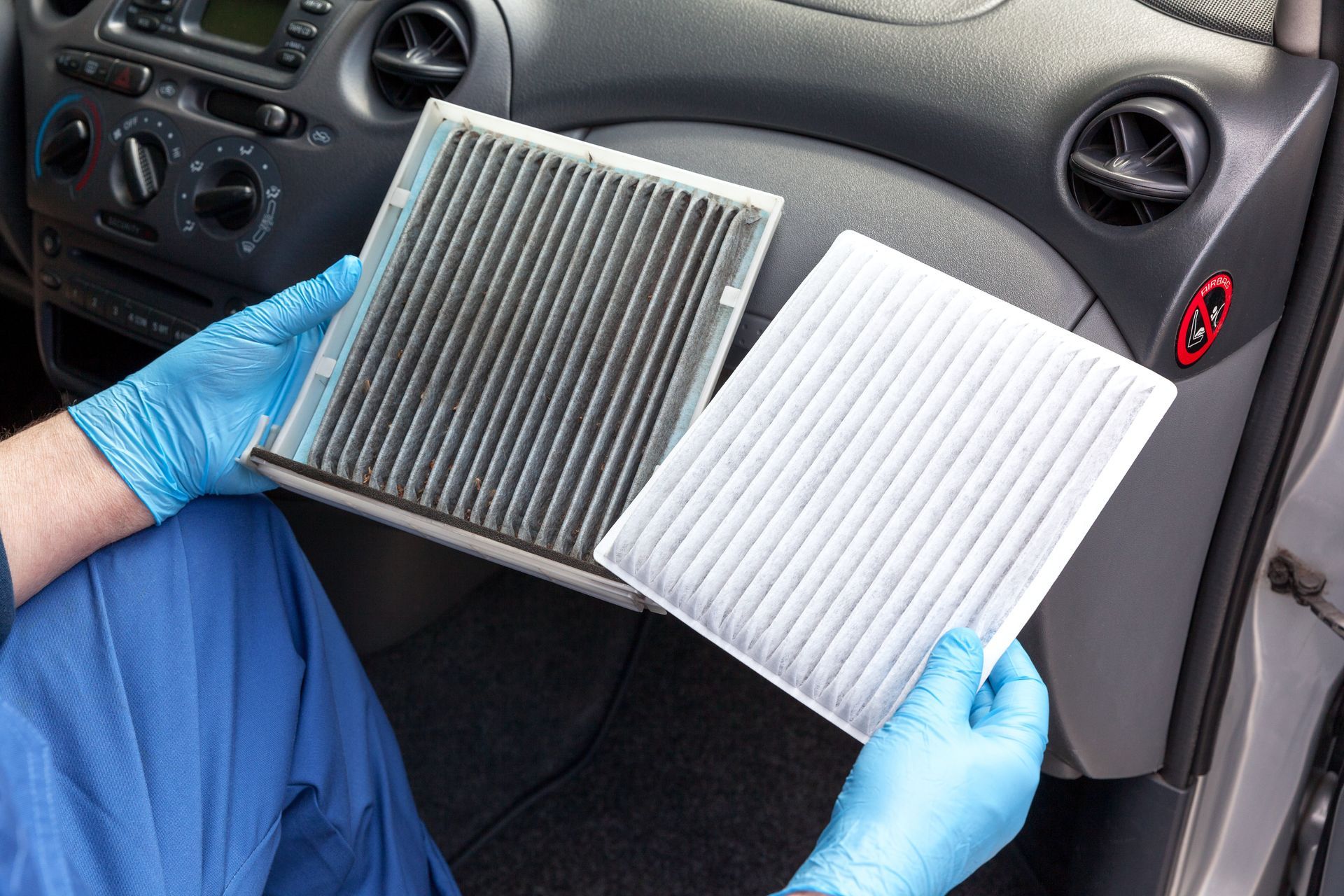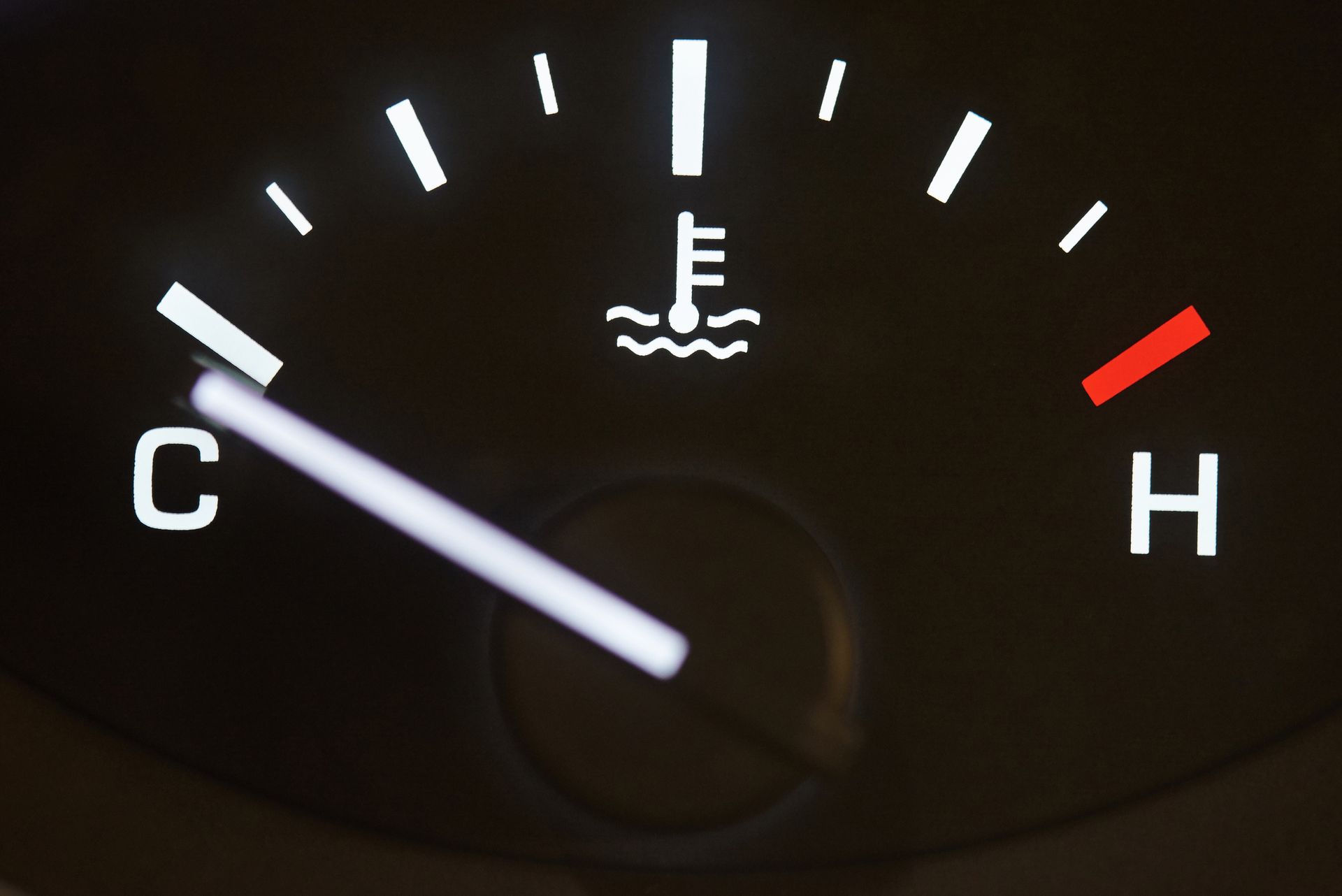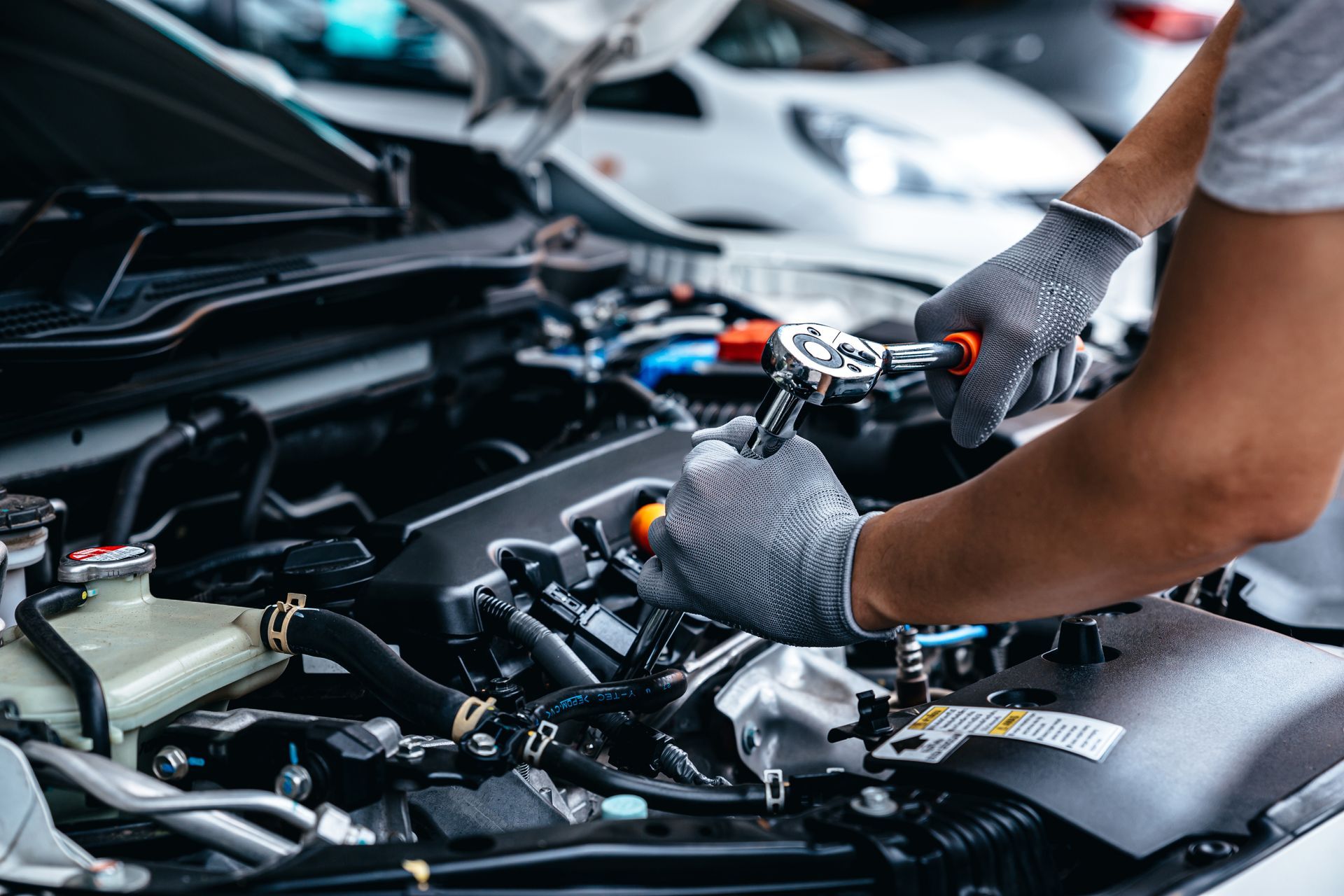Fuel efficiency is a crucial step toward a cleaner environment and sustainable driving. Alongside that, the thought of saving a few bucks is never a bad idea.
With rising fuel costs and growing environmental concerns, understanding and improving your car's fuel efficiency has never been more important.
Understanding Your Car's Fuel Consumption
The fuel consumption of an engine is determined by several key factors:
- Larger engines typically consume more fuel. The type of engine (diesel, gasoline, turbocharged, etc.) also impacts fuel efficiency.
- Heavier vehicles require more energy to move, leading to higher fuel consumption.
- Aggressive driving, such as rapid acceleration and braking, increases fuel consumption. Smooth, steady driving is more fuel-efficient.
- Well-maintained engines run more efficiently. Regular maintenance like oil changes, air filter replacements, and spark plug inspections are essential.
- Higher-quality fuels can improve engine performance and efficiency.
- Vehicles with better aerodynamics experience less drag, improving fuel efficiency.
- Under-inflated tires increase rolling resistance, leading to higher fuel consumption.
Various factors, such as the terrain of the road, prevailing weather conditions, and the density of traffic, can all have an impact on the fuel efficiency of a vehicle.
Maintenance for Fuel Efficiency
There are three maintenance tasks you should never forget - simple yet beneficial.
Oil Changes
Oil changes ensure your engine runs smoothly, reducing unnecessary fuel consumption. Make sure to use the recommended oil type for your car.
Tire Pressure
It's true. Maintaining the correct tire pressure is crucial for fuel efficiency. Under-inflated tires can increase fuel consumption significantly.
Air Filter Maintenance
A clean air filter allows your engine to breathe better, improving performance and fuel efficiency.
Driving Habits and Fuel Efficiency
Your driving style significantly affects your car's fuel consumption. Smooth, steady acceleration, maintaining a constant speed, and anticipating traffic flow can reduce fuel usage.
The Role of Technology in Fuel Efficiency
Fuel Efficiency Apps and Tools
While strange at first, several apps and tools can assist in monitoring and enhancing your vehicle's fuel efficiency. For example:
- Fuel economy calculators
- GPS navigation apps with eco-routing
- Vehicle maintenance apps
- Fuel price comparison apps
The Impact of Navigation Systems
Using navigation systems efficiently can reduce unnecessary driving, thereby saving fuel.
Smart Refueling Practices
Understanding the best times to refuel and the right type of fuel for your car can also contribute to better fuel economy.
Weight and Aerodynamics
Reducing excess weight in your car and opting for aerodynamic enhancements can decrease drag, thus improving fuel efficiency.
Upgrade and Retrofit Options
Energy-Efficient Tires
Investing in energy-efficient tires can reduce rolling resistance and improve fuel economy. A good example of the opposite is off-road tires - they have a lot of rolling resistance and grip.
Engine Tuning
Proper engine tuning can optimize performance and fuel efficiency - it really is as simple as that.
The Future of Fuel Efficiency
Technological advancements are continuously improving fuel efficiency, with a growing shift towards electric and hybrid vehicles.
Do you want to keep your car performing at its best?
Gerry's Service is here to help out, give your vehicle the care it deserves, and boost your safety on the road. Just give us a call, and we will book you an appointment.










